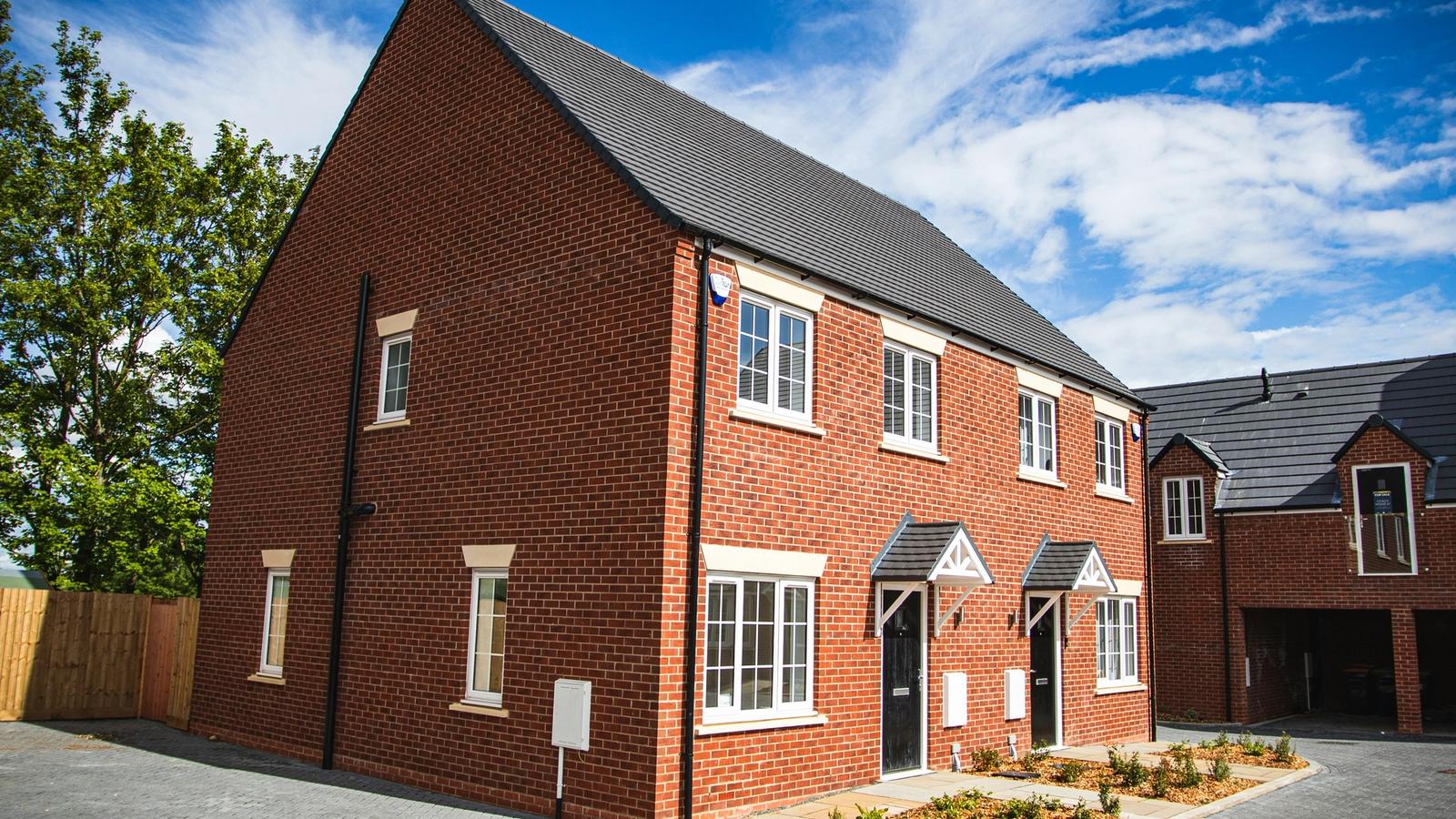Buying a new build feels clean and straightforward; no old wiring, no damp, no surprises. But the mortgage process isn’t the same asbuying an older home. Lenders treat new builds differently because values can shift, incentives can blur the true price, and build timing isn’t always predictable.
Here’s a clear guide to what’s unique about new build mortgages, how lenders assess them, and what to do if your completion date keeps moving (because it will).
What Counts as a New Build?
A property is usually classed as a new build if:
- It’s being sold for the first time by the developer
- No one has ever lived in it
- It’s under construction or just finished
Flats and houses both qualify, though lenders tend to be more cautious with new-build flats.
Why New Builds Are Treated Differently
Lenders worry about two things:
1. Value dropping after completion
New builds often come with incentives:
- Stamp duty contributions
- Free carpets
- Upgraded kitchens
- Cashback
These can inflate the headline price. If the wider market softens before you complete, your mortgage offer may no longer match the valuation.
2. Timing risk
Developers give estimated completion dates. “Q3” can become “late Q4”.
If your mortgage offer expires before the keys are ready, you may need to reapply, often at higher rates.
This is the main reason new-build buyers get stressed.
Deposit Requirements
Most lenders ask forlarger depositson new builds, especially flats.
Typical ranges:
- New-build houses: 10–15% deposit
- New-build flats: 15–25% deposit
Why higher?
Flats carry more market risk and lenders price that in.
If you’re using a 5% deposit (95% mortgage):
Only a handful of lenders do this, and criteria are tight.
Mortgage Offers and the Expiry Problem
Most mortgage offers last 3–6 months. New-build timelines often run9–18 months.
Two things matter here:
Long-stop date
Developers set a deadline for completion. If they miss it, you can walk away, but you rarely want to.
Offer extensions
Some lenders allow extensions if:
- Your circumstances haven’t changed
- The property is nearly finished
- The valuation still stands
Others require a new application, which means new rates.
Valuations on New Builds
The lender’s surveyor will check whether the price is reasonable.
Expect them to be conservative, especially on flats.
You usually don’t get a copy of this report; you only hear if the valuation comes in low.
If the valuation is short:
- The developer may renegotiate
- You may need to increase your deposit
- Or you might need to change lender
It’s common. Not your fault.
Incentives: What You Must Declare
Developers love incentives. Lenders don’t.
You must tell your mortgage adviser about all incentives, including:
- Cashback
- Free upgrades
- Stamp duty paid
- Legal fees covered
Why?
They can distort the “real” price. Lenders want a fair comparison against local sales.
Snagging, Surveys, and Warranty
Even new builds need checks.
Snagging survey
A snagging inspector finds cosmetic issues and small faults.
Book it before completion if the developer allows access.
New-build warranty
Most come with a 10-year warranty (NHBC, LABC, Premier).
This covers structural issues but not poor finishes or wear and tear.
What If Completion Gets Delayed?
This is the number one stress point.
If your mortgage offer is close to expiry:
- Your adviser may request an extension
- You may need new payslips, bank statements, or credit checks
- In some cases, you must reapply entirely
Rates may have changed. Budget for the possibility.
Pros and Cons of Buying a New Build
Pros
- Chain-free
- Energy efficient
- Low maintenance for several years
- Warranty protection
- Clean, modern layouts
Cons
- Higher purchase price
- Stricter lending rules
- Valuations can fall
- Snags and finish issues
- Delayed completion
Practical Steps to Make It Smoother
- Get an early AIP: New builds move fast; agents often expect it before reserving.
- Use a mortgage adviser: Criteria vary widely between lenders. A broker can match you to lenders comfortable with new builds.
- Keep paperwork updated: You may need to refresh documents multiple times during delays.
- Budget for re-applications: Rates may rise. Don’t rely on today’s quote holding.
- Book a snagging survey: Preferably before completion; if not, within the first two weeks.
Final Thoughts
New builds are appealing; clean, efficient, and ready for your stamp. But the mortgage process has more moving parts, and timelines rarely run to plan.
A good mortgage adviser will help you:
- Navigate stricter deposit rules
- Match you with the right lender
- Manage offer extensions
- Deal with valuation surprises
You don’t need to figure this out alone.
.
